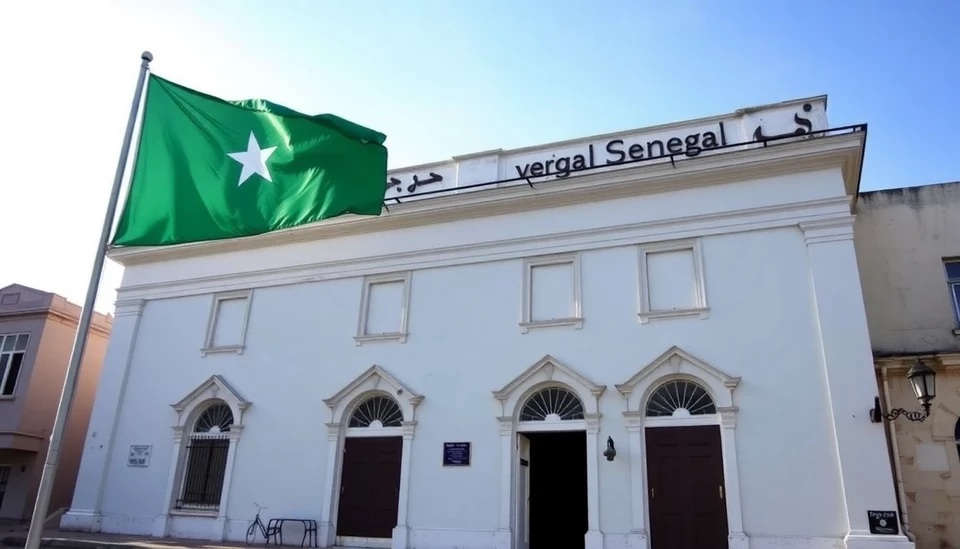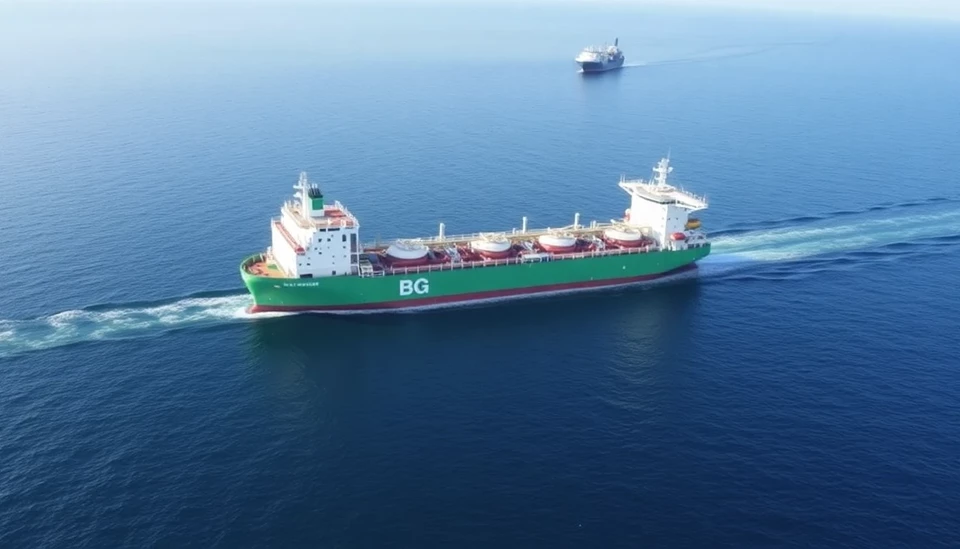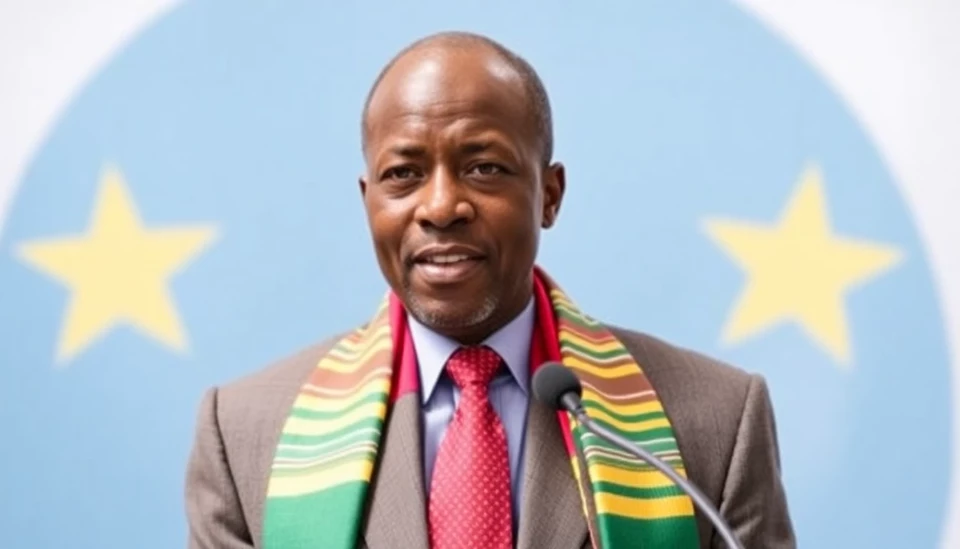
In a significant development for the West African nation of Senegal, credit rating agency Moody's Investors Service announced on February 22, 2025, that it has downgraded Senegal's credit rating. This decision stems from growing concerns regarding the country's public finances, which have started to show signs of strain. As economies globally grapple with post-pandemic recovery, Senegal's financial stability is coming under increasing scrutiny.
Moody's has lowered Senegal's credit rating from Ba3 to Ba2, indicating a substantial risk for investors and raising alarms among financial analysts. The downgrade primarily reflects deteriorating fiscal metrics, which include an expanded budget deficit and rising public debt levels. With critical infrastructure projects and social spending programs depending heavily on foreign investments and loans, the government's inability to manage its fiscal challenges could jeopardize future economic growth and development.
One of the main factors contributing to the downgrade is the impact of external economic conditions. The volatility of commodity prices, particularly in the energy sector, has had a downstream effect, limiting government revenue when it is needed most. As Senegal’s traditional exports face challenges, the government's finances have come under significant pressure. Furthermore, the persistent inflation rates have squeezed household incomes, leading to growing unrest among the population over the rising cost of living.
The Senegalese government has acknowledged these challenges and is currently undertaking a series of reforms aimed at stabilizing the economy. This includes a focus on enhancing fiscal discipline and improving the efficiency of public spending to restore investor confidence. However, these efforts will take time to translate into measurable outcomes, and in the interim, the outlook remains uncertain.
In light of the downgrade, analysts are warning that Senegal may face increased borrowing costs, which could further exacerbate the country's fiscal challenges. Development partners and international investors are likely to reassess their engagements with Senegal, driving the need for the government to implement more robust economic policies that can effectively respond to both immediate and long-term financial risks.
As Senegal navigates this complex financial landscape, the repercussions of Moody's decision will undoubtedly be closely monitored by both domestic and international stakeholders. The situation presents a pivotal moment for the Senegalese government to demonstrate its commitment to economic reform and fiscal responsibility to safeguard the country’s long-term financial health.
In conclusion, while Senegal has made significant strides in recent years towards fostering economic development, the recent credit downgrade by Moody's underscores the pressing need for sound fiscal management and strategic reforms. The coming months will be crucial as the nation seeks to stabilize its finances amidst an increasingly complex global economic environment.
#Senegal #CreditRating #Moodys #Finance #EconomicReform #PublicFinance #DebtCrisis #WestAfrica
Author: Daniel Foster




